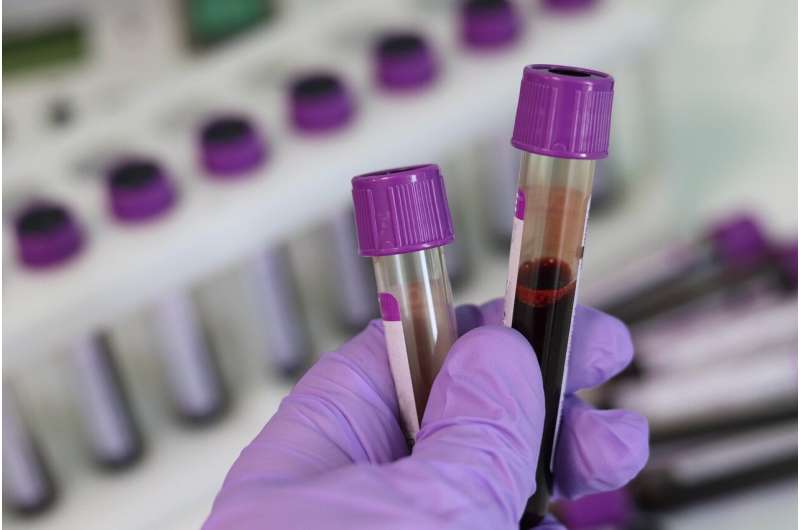Early Detection of Alzheimer's Disease Using Brain and Blood Biomarkers in Middle Age

New research shows that Alzheimer's disease biomarkers can be detected in the brain and blood during middle age, paving the way for earlier diagnosis and intervention strategies. This breakthrough could transform how the disease is screened and managed in the future.
Recent research from the University of Turku in Finland highlights that signs associated with Alzheimer's disease can be identified in the brain during middle age. This discovery emphasizes the potential for earlier diagnosis and intervention, which could significantly impact disease progression management. In particular, blood-based biomarkers, which are proteins or other molecules indicating disease presence, show promise for non-invasive, cost-effective screening.
A notable aspect of the study is the link between blood biomarkers and familial history. Higher biomarker levels in middle-aged individuals correlated with elevated levels in their parents, especially mothers, suggesting a genetic or familial influence. Additionally, factors like kidney health were also linked to increased biomarker concentrations.
The well-known APOE ε4 gene, associated with increased Alzheimer’s risk, was found to influence blood biomarkers in older adults, although it did not show the same effect during middle age. This suggests that biomarker levels evolve over time and could serve as early indicators of risk.
This study forms part of Finland’s Cardiovascular Risk in Young Finns Study, which investigates health markers over generations. The findings underscore that neurodegenerative processes may begin long before clinical symptoms emerge, often years or decades prior.
A promising advancement in Alzheimer's detection is the development of blood tests capable of identifying disease-related brain changes. Currently, confirming Alzheimer’s requires expensive imaging or cerebrospinal fluid analysis, but new ultrasensitive technologies could soon allow for simple blood-based testing. However, challenges remain, including establishing standardized reference values and understanding factors that influence biomarker levels to avoid misdiagnosis.
The research involved 2,051 individuals aged 41 to 90, examining how blood biomarkers related to Alzheimer’s disease vary across age and generations. Experts emphasize that while these blood tests are not yet definitive, they hold great promise for future diagnostics, enabling earlier intervention and personalized treatment strategies.
Source: https://medicalxpress.com/news/2025-07-brain-biomarkers-alzheimer-disease-early.html
Stay Updated with Mia's Feed
Get the latest health & wellness insights delivered straight to your inbox.
Related Articles
FDA Approves Innovative Eye Implant to Combat Vision Loss in Rare Retina Disease
The FDA has approved ENCELTO, a groundbreaking eye implant that slows vision loss in patients with macular telangiectasia type 2, offering hope through advanced neuroprotective therapy.
Polio Near Eradication: Challenges of Fake Records, Vaccine Limitations, and Missteps
Global polio eradication efforts have made significant progress, but fake records, vaccine risks, and logistical missteps threaten these gains. Learn about the ongoing struggle to eliminate this crippling disease.
FDA Mandates New Safety Trials for COVID-19 Vaccines in Healthy Children and Adults
The FDA now requires comprehensive clinical trials for future COVID-19 booster shots in healthy children and adults, emphasizing safety and efficacy. This change aims to balance protection for high-risk groups with rigorous scientific standards.
Enhanced Infant Attention When Combining Words, Gestures, and Spatial Language, Study Finds
New research shows that babies pay longer attention when parents combine words, spatial language, and gestures, supporting early cognitive development.



